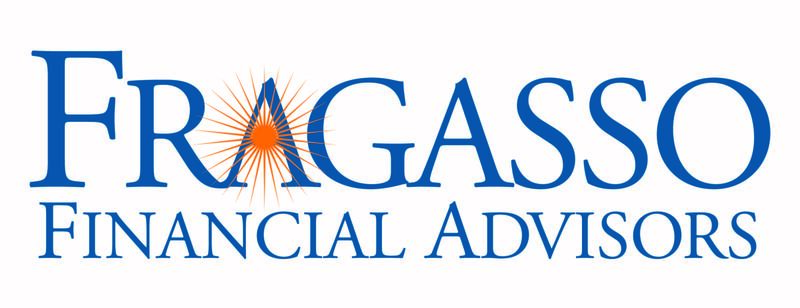
More than 250,000 Washington Post readers — or 10% of the newspaper’s customer base — have canceled their subscriptions after owner Jeff Bezos blocked its editorial board from publishing an endorsement of Vice President Kamala Harris, according to a report.
Over the weekend, the iconic broadsheet had lost 200,000 subscribers after it was first learned that management had decided it would no longer allow the editorial board to endorse a candidate for president in the current race as well as in future elections, according to media reports.
The mogul on Monday published an op-ed in his newspaper defending the move as “a principled decision” given that presidential endorsements “create a perception of bias.”
But Bezos’s explanation apparently did not assuage Washington Post readers.
As of Tuesday, more than 250,000 of them cancelled their accounts, according to National Public Radio.
A spokesperson for the Washington Post declined to comment.
A loss of subscriptions of that magnitude would be a blow to a storied news outlet that is already facing financial headwinds.
The Post had more than 2.5 million subscribers last year, the bulk of them digital, making it third behind the New York Times and the Wall Street Journal in circulation.
Amazon founder Bezos, whose net worth of $213 billion is the second-largest in the world, according to the Bloomberg Billionaires Index, was partying with Katy Perry in Europe on Friday as the turmoil was unfolding in the Washington Post newsroom.
In his guest essay on Monday, Bezos wrote that editorial endorsements create a perception of bias at a time many Americans don’t believe the media, and do nothing to tip the scales of an election.
“Ending them is a principled decision, and it’s the right one,” Bezos said.
Bezos wrote that he wished the decision to end presidential endorsements had been done earlier, “in a moment further from the election and the emotions around it. That was inadequate planning, and not some intentional strategy.”
In the decision’s wake, two of the newspaper’s columnists quit, and three of the nine members of the editorial board resigned their posts.
The Post’s retired former editor, Martin Baron, who was editor when Bezos bought the paper, had denounced the decision on social media as “cowardice, with democracy as its casualty.”
Some critics suggested Bezos, also owner of Amazon, ordered the non-endorsement to protect his business interests, acting out of fear of retaliation if former President Donald Trump were elected.
The Washington Post endorsed Trump’s Democratic rivals in 2016 and 2020, and Trump has often denounced critical coverage by the paper.
In his column, Bezos said people can see his wealth and business interests as one of two things —- a bulwark against intimidation or a web of conflicting interests.
He insisted that his views are principled and that his track record as Post owner since 2013 backs that up.
“I challenge you to find one instance in those 11 years where I have prevailed upon anyone at the Post in favor of my own interests,” he wrote.
“It hasn’t happened.”
According to Semafor, around 18,000 readers have canceled their subscriptions to the LA Times.
Meanwhile, angry readers have also abandoned another left-leaning publication that has decided to forego a Harris endorsement — the Los Angeles Times, whose billionaire owner, Dr. Patrick Soon-Shiong, also intervened against the wishes of his editorial board.
Editorial board members at both newspapers resigned their positions in protest of the decision.
The Post has sought comment from the LA Times.
With Post Wires








